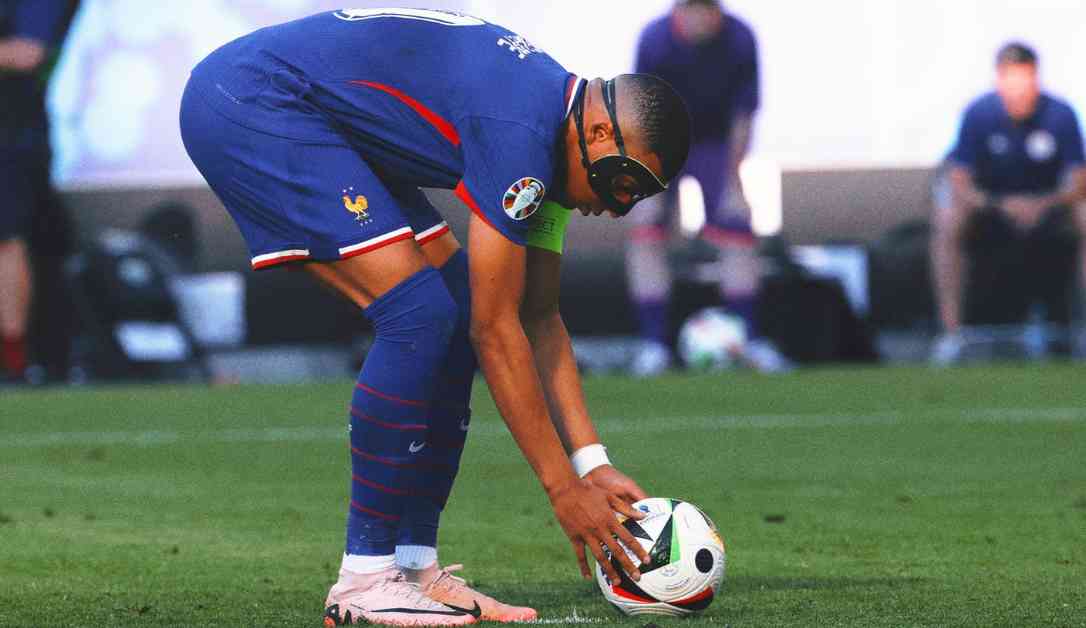Penalty shootouts in soccer have become a crucial part of the game, deciding the outcomes of major competitions. Despite the importance of penalty shootouts, many teams overlook the psychological and strategic aspects of preparing for them. Experts in the field of sports psychology emphasize the significance of training players to cope with the pressure of penalty shootouts.
While some argue that penalty shootouts are akin to a “lottery” and cannot be prepared for, others believe that simulating high-pressure situations in training can improve performance. Studies have shown that training with mild anxiety can help players perform better under conditions of high pressure, similar to how military personnel and medical professionals train for high-stress scenarios.
Coaches play a crucial role in preparing their teams for penalty shootouts, as shown by the success of teams whose coaches efficiently strategize during the brief two-minute break between extra time and shootouts. The order in which players take penalties also influences the outcome, with the first kicker typically having the highest success rate. Placing the best penalty taker as the fifth kicker can be risky, as seen in past competitions.
Teams have also employed tactics such as gamesmanship and strategic substitutions to gain an advantage during penalty shootouts. The introduction of new penalty techniques, such as the goalkeeper-dependent approach, has added a layer of complexity to penalty strategies. Players like Robert Lewandowski and Harry Kane have successfully utilized this technique to increase their chances of scoring.
Historically, some teams have excelled in penalty shootouts, like Germany, while others, like England, have faced numerous heartbreaks. Understanding the psychology and strategy behind penalty shootouts can give teams an edge in crucial moments of the game. As the importance of penalty shootouts continues to grow, teams must adapt their training methods to prepare players for these high-pressure situations.








